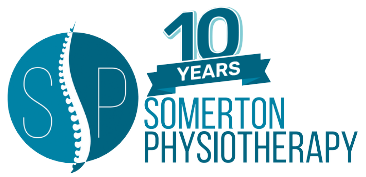What Can Cause Running Injuries?


We have now just passed that all-important 20-week mark where training will commence for the Dublin City Marathon in October. In this blog we will outline two major contributors to running injuries……..
We have all been there, when training is going well, the running feels smooth and then… bang! Out of the blue we get a few niggles or pull a muscle. We are going to take a quick look at some of the factors that can influence and potentially cause running injuries.
1. Training Error
Training error is thought to be responsible for up to 80% of running injuries. Excessive load on the tissues, results in a reactive response that commonly includes pain and injury.
Examples of training error include:
- Rapidly increasing running volume, intensity and frequency
- Inappropriate mix of a low and high intensity session
- ‘Bunching’ of sessions i.e. ‘weekend warriors’ Inadequate rest or recovery
- Boom and Bust approach to training
1. Sleep Deprivation
There has been a lot of research over the last few years showing the negative consequences of sleep deprivation on both physical and cognitive performance. Lack of sleep has been shown to increase stress and confusion, although I don’t need to tell parents of young children this! From a biological standpoint, lack of sleep has been shown to reduce protein synthesis (our ability to produce protein) which results in a loss of muscle mass and therefore impairs muscle strength.
This is true in both adults and adolescents. Research has shown that adolescents who sleep less than 8 hours per night have a 1.7 times greater risk of picking up a running injuries compared to those who sleep 8+ hours. In adults, there is a 51% increased chance of picking up a new running injuries for those who sleep on average less than 7 hours per night.
These two factors are by no means the only factors as there are many other parameters which could be considered such as nutrition, timings, stress, illness and many others. However, these are two significant and easily adaptable players in running injuries.
Key take away points:
- 7-8 hours of uninterrupted sleep is key and may even need to be increased depending on how much and how hard you train.
- Loading habits must not exceed loading capacity or you have a significantly higher chance of picking up a running injuries.
If you think you could benefit from a Running Assessment or one of our Running Performance packages book an appointment to see Adam Kinsella M.I.S.C.P at our Running Performance Clinic in Castleknock GAA Clubhouse.
To get in touch email us on [email protected] or phone us on (01) 9069566 . Follow us on Instagram for physiotherapy and clinic Updates.
